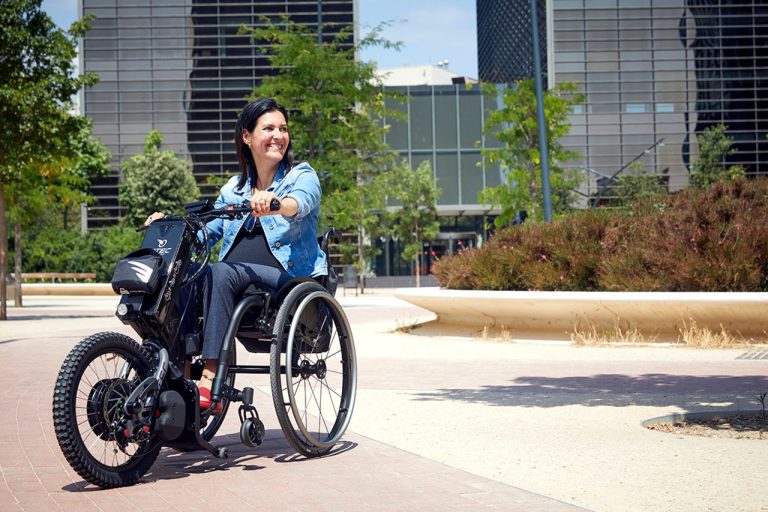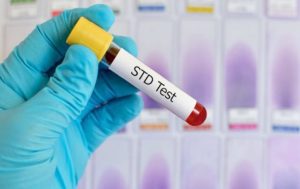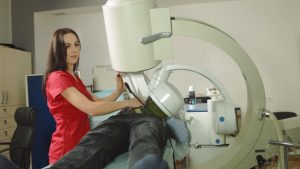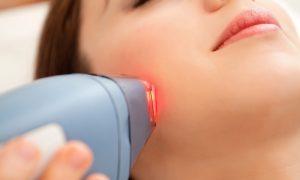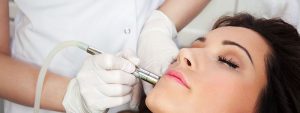The phenomenon of male dribbling after urination is a relatively common occurrence. It is primarily caused by incomplete emptying of the bladder, resulting in residual urine remaining in the urethra. This can be due to a variety of factors, such as an enlarged prostate, a narrowing of the urethra due to age, or a urinary tract infection.
Dribbling can often be prevented by maintaining proper hydration or by performing pelvic floor muscle exercises regularly. Additionally, consulting a doctor may be necessary to identify underlying medical issues that could be contributing to the problem. In some cases, medical intervention, such as medication or surgery, may be indicated.
Therefore, it is essential to discuss any persisting issues with a medical professional. It is a distressing condition that can be embarrassing and uncomfortable. This article will discuss the causes of pee dribbling in men and provide advice on how to treat the condition.
Causes of Pee Dribbling
There are several potential causes of pee dribbling in men. These include:
- Weak Pelvic Floor Muscles: Weak pelvic floor muscles can lead to incomplete emptying of the bladder, resulting in post-micturition dribble. This is a common cause of pee dribbling in men.
- Prostate Issues: Men who have an enlarged prostate or prostate cancer may experience post-micturition dribble.
- Urinary Tract Infections: Urinary tract infections (UTIs) can cause inflammation of the bladder and urethra, leading to post-micturition dribble.
- Medications: Certain medications, such as diuretics, can lead to pee dribbling in men.
- Other Medical Conditions: Certain medical conditions, such as diabetes, can cause pee dribbling in men.
Treatment Options
If you are experiencing pee dribbling, it is important to speak to your doctor or local urologist. They will be able to diagnose the cause of the problem and provide treatment options. Treatment options for pee dribbling may include:
- Pelvic Floor Exercises: Pelvic floor exercises, such as Kegels, can help to strengthen the muscles of the pelvic floor, which can help to reduce post-micturition dribble.
- Medication: Your doctor or local urologist may prescribe medication to help reduce post-micturition dribble.
- Surgery: In some cases, surgery may be necessary to treat post-micturition dribble.
Conclusion
Pee dribbling is a common problem among men. It can be embarrassing and uncomfortable. There are several potential causes of pee dribbling, including weak pelvic floor muscles, prostate issues, urinary tract infections, medications, and other medical conditions. If you are experiencing pee dribbling, it is important to speak to your doctor or local urologists. They will be able to diagnose the cause of the problem and provide treatment options.







